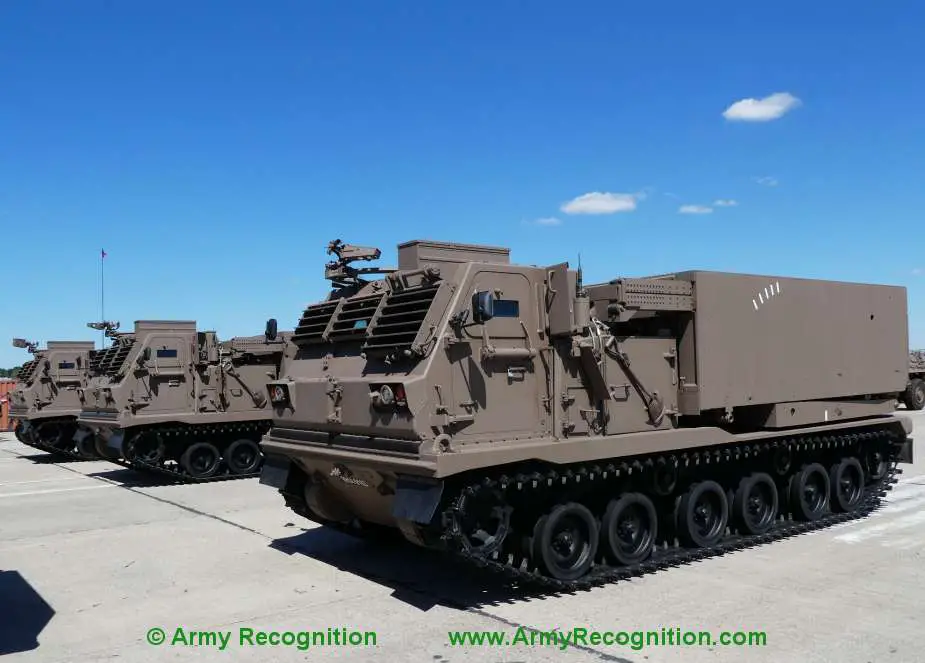Breaking news
French Ground Force seeking artillery system with 500 km range.
In Opex360, Laurent Lagneau writes that, in light of the lessons learned from the war in Ukraine, the French Army has made strengthening, or even developing, its deep strike capability a priority. The Military Programming Law 2024-2030 is set to provide the means for this, with the announced replacement of its remaining nine MLRS (Lance-Roquettes Unitaires, LRU) with the goal of acquiring at least 13 systems by 2030, and another 13 by 2035.
Follow Army Recognition on Google News at this link

The French Ground Force is seeking a successor to its LRU (Lance-Roquettes Unitaire) (Picture source: Army Recognition)
As reported by Laurent Lagneau, General Pierre Schill, Chief of Staff of the French Ground Force (CEMAT) plans to reactivate the Artillery Brigade, which had been dormant since 2010. Regarding the MLRS (LRU), two solutions are under consideration. The first involves purchasing M142 HIMARS, although other systems are available on the market, such as Elbit Systems/KMW's Euro-PULS or the South Korean K239 Chunmoo. The second solution, as specified in the Military Programming Law 2024-2030, prioritizes the search for a sovereign solution.
A sovereign long-range strike system is indeed of great importance to General Schill: "We see how countries that have provided such systems to Ukraine, like the United States, authorize or not the Ukrainians to use their munitions at certain distances or against specific targets."
Munitions are crucial, and General Pierre Schill has specific requirements in this area, as the future deep strike system of the French Army must have significantly better performance than the LRU, which can destroy a target at a distance of 70 km. The munitions must be capable of striking up to 120/150 km, which corresponds to the responsibility of the corps, or even at the inter-service or strategic level, meaning 500 km and beyond. Hence, the importance of having a sovereign solution in this area, if only to have control over guidance and control technologies.
For now, and according to what Emmanuel Chiva, the General Delegate for Armament, said last May, MBDA, Ariane, and Safran have been approached to develop such a deep strike capability, Laurent Lagneau recalls. One of the proposed solutions would be based on a land-based version of the Modular Air-to-Ground Armament (A2SM).
Defense News October 2023



















